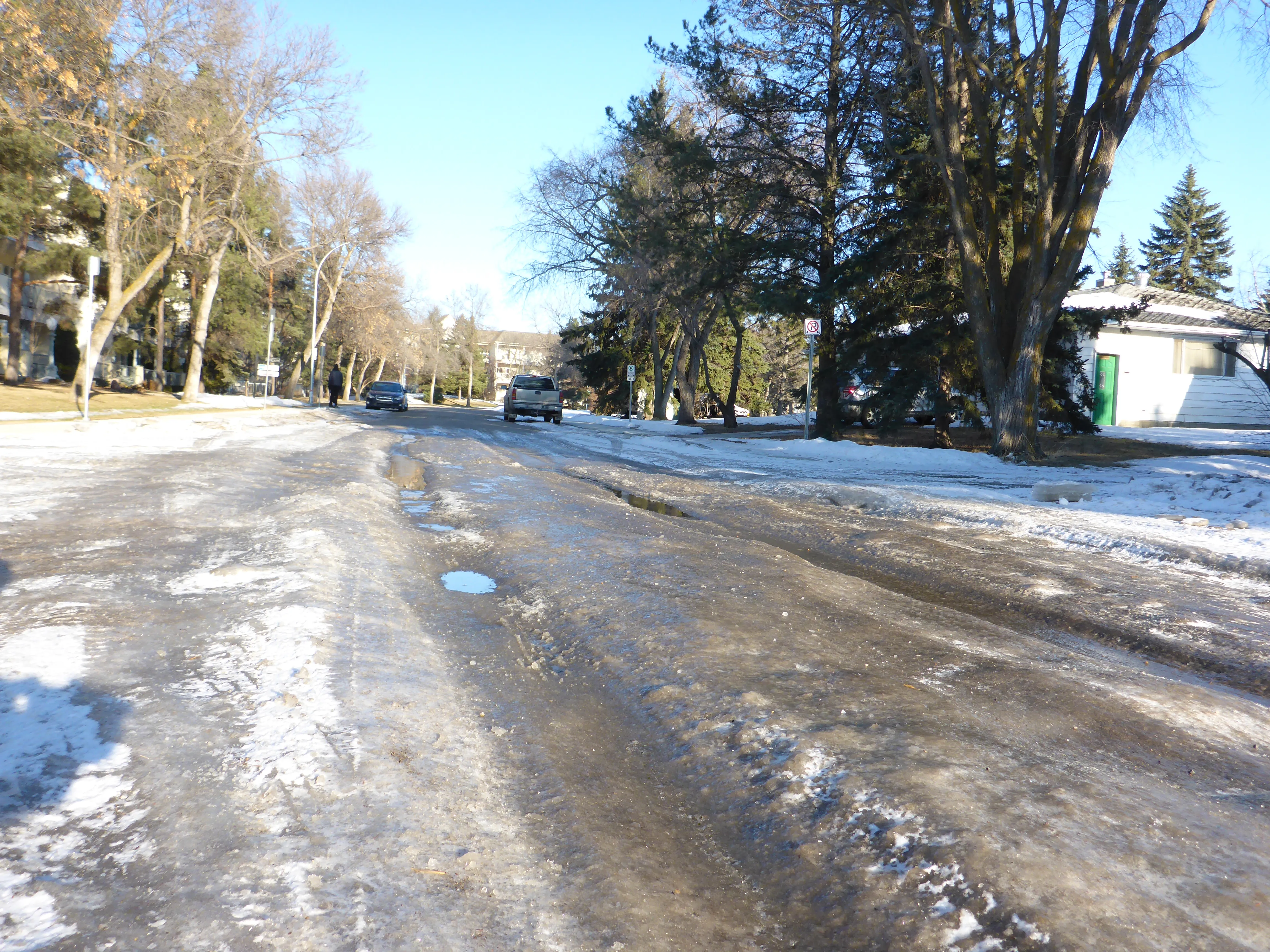This web-based reporting tool gives clear insight into the productivity and outcome of the enforcement process, the extent to which objectives are being met and how further improvement can be achieved. Infoman enables team leaders and management and policymakers to make better decisions, based on extensive and detailed information on performance of the enforcement teams and on parking behaviour.
Agendum demonstrates digital parking enforcement to aid sustainable parking
Agendum will use Intertraffic Amsterdam to demonstrate how parking data analytics optimises parking enforcement and provides information for a sustainable parking policy. The company, a forerunner in digital parking enforcement solutions, has taken the enforcement process to a higher level as visitors to their stand will experience when they take a ‘virtual enforcement journey’.
February 12, 2016
Read time: 2 mins










